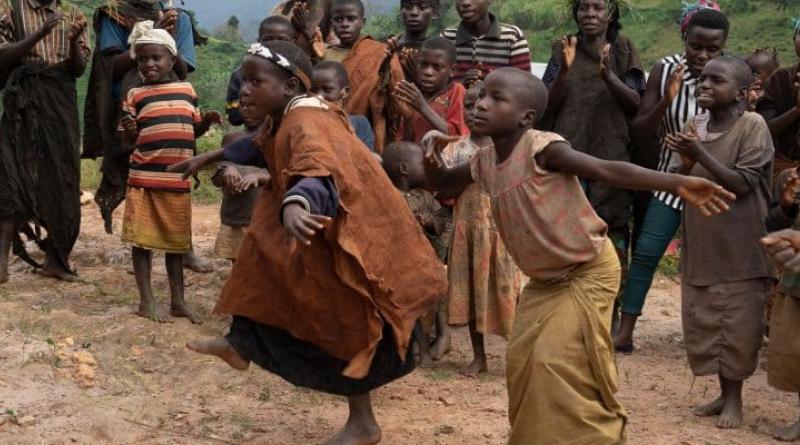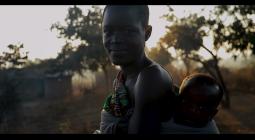The 3 basins summit: how can community rights be better taken into account?

From 26 to 28 October 2023, the Republic of Congo will be hosting the Summit of the World's Three Forest Basins in Brazzaville. The summit will bring together leaders from the Amazon, Congo Basin and Borneo-Mekong-South-East Asia regions, marking an unprecedented initiative to create a global alliance committed to revitalising 350 million hectares of terrestrial and aquatic ecosystems. In a statement issued on the eve of the event, the conservation organisation Greenpeace urged leaders to improve respect for community rights in forest protection policies.
Solving the climate and biodiversity crisis requires integrated plans and solutions, as there are functional dependencies between biodiversity, ecosystem integrity and climate mitigation and adaptation.
Recognition of the fundamental role of indigenous peoples, local communities and other rights-holding groups in protecting and restoring these forests therefore becomes important. According to Greenpeace, over 75% of forests are protected by indigenous peoples and local communities, but their role and knowledge in protecting nature and biodiversity have not yet been sufficiently recognised.
As Brazzaville hosts the Summit of the world’s three forest basins, the non-governmental organisation (NGO) suggests that the rights of these communities should be better taken into account. “Only 17% of the funds allocated over the last ten years include the participation of indigenous peoples or local community organisations. The voices of indigenous peoples and local communities must be heard and amplified. They must also have access to resources to maintain their self-determined actions to protect biodiversity and combat climate change”, says Greenpeace.
Carbon credits under attack
“We urge the governments of countries in the three basins to protect and restore forests, in particular by ensuring recognition of the rights and role of indigenous peoples and local communities. These governments should focus on implementing alternative, sustainable and non-market approaches to financing biodiversity and encouraging collective action”, says Victorine Che Thoener, Senior Portfolio Manager at Greenpeace International and Head of Delegation for Greenpeace in Brazzaville.
Tropical forest nations play a central role in the fight against tropical deforestation and in the development of global governance on climate and biodiversity. And with good reason: the three basins (Amazonia, Congo, Borneo-Mekong-South-East Asia) are collectively home to 80% of the world’s tropical forests and two-thirds of terrestrial biodiversity.





